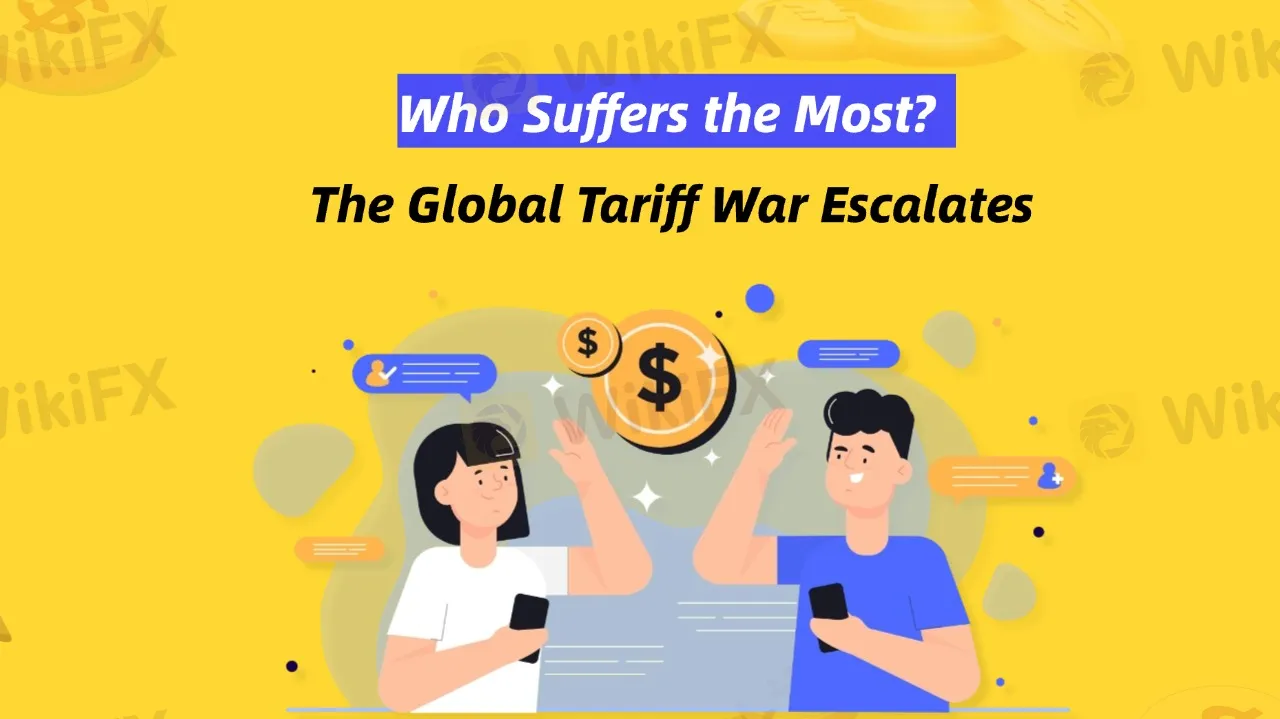Abstract:The global trade war is intensifying as countries continue to raise tariffs, aiming to protect their own economies while creating greater market uncertainty. In this tit-for-tat game, who is truly bearing the brunt?

The U.S. government has once again wielded the tariff weapon, imposing a 25% tariff on imported steel and aluminum products starting March 12, affecting $151 billion in global trade. In response, the European Union swiftly announced retaliatory tariffs on $26 billion worth of American goods, while Canada imposed tariffs on $29.8 billion of U.S. imports.
These tariffs cover a wide range of products, from food and machinery to everyday consumer goods. Meanwhile, China has also escalated its countermeasures, imposing tariffs of 10% to 15% on 740 types of U.S. imports, including wheat, corn, and liquefied natural gas. As countries continue to take action, global trade tensions are mounting, fueling uncertainty across financial markets.
Although no country wants a full-scale confrontation with the U.S., they have little choice but to respond to the Trump administrations aggressive trade policies. The latest U.S. tariff hikes not only contradict its own goal of curbing inflation but also severely impact domestic businesses, with major automakers expected to see a 4% decline in profits. In retaliation, the EU and Canada have strategically targeted industries where the U.S. is most vulnerable, aiming to minimize costs for their own consumers while maximizing economic pressure on the U.S.
Furthermore, the evolving global trade landscape has forced governments to strike a delicate balance between protecting national interests and maintaining trade stability, leaving them no option but to continuously adjust their strategies to stay competitive.
Challenges for Investors
In the midst of this tariff war, global investors are facing unprecedented uncertainty. Markets are concerned that continued retaliatory measures could slow economic growth, heighten stock market volatility, and lower corporate earnings expectations. U.S. businesses are grappling with rising production costs and declining international demand, while companies in Europe, Canada, and China are also feeling the strain.
Additionally, the instability of global supply chains is further exacerbating the situation. Many analysts believe that if trade tensions continue to escalate, central banks may be forced to intervene with new policies, adding yet another layer of unpredictability. Investors must closely monitor trade developments and adjust their portfolios accordingly to mitigate potential risks.










